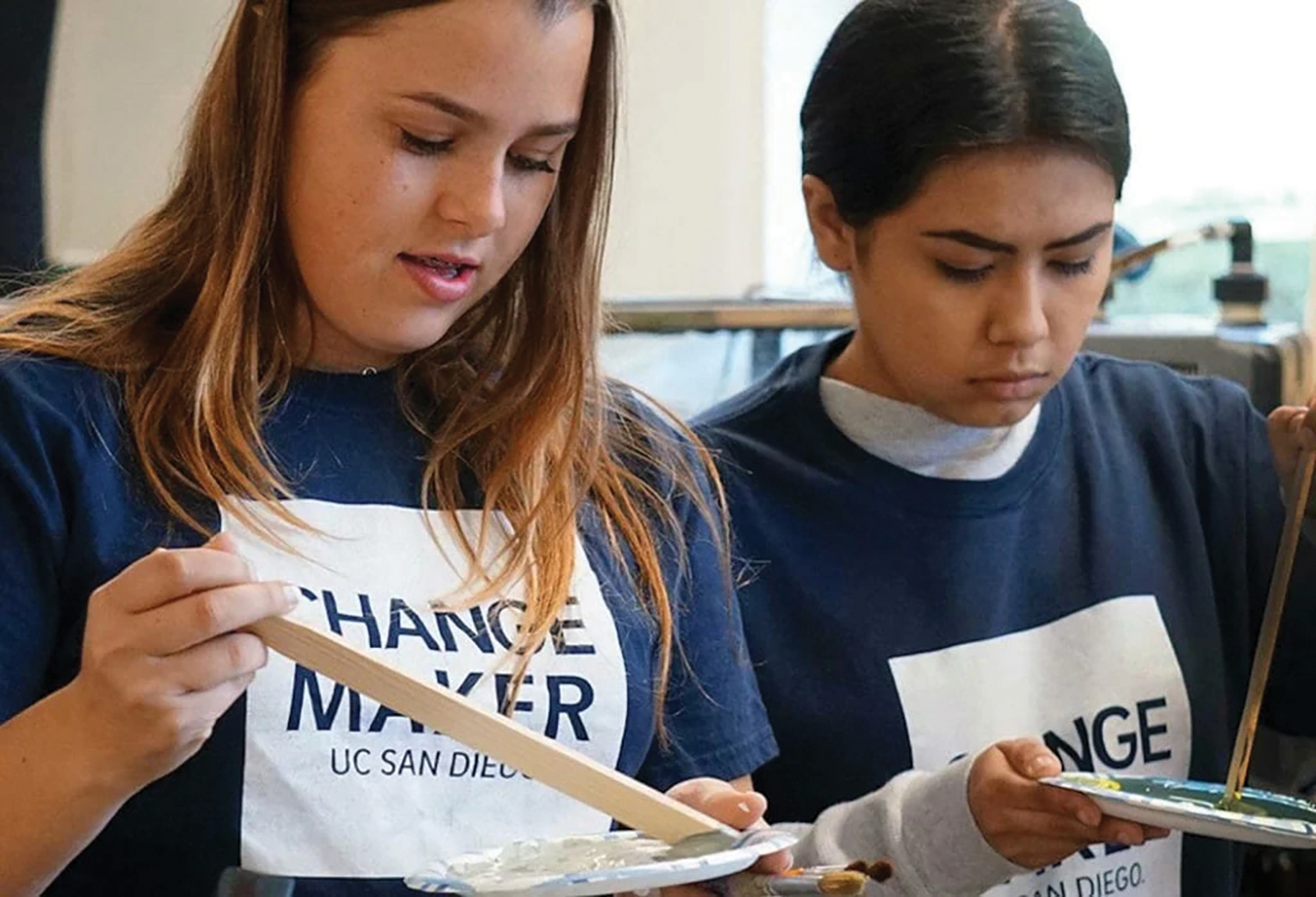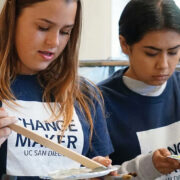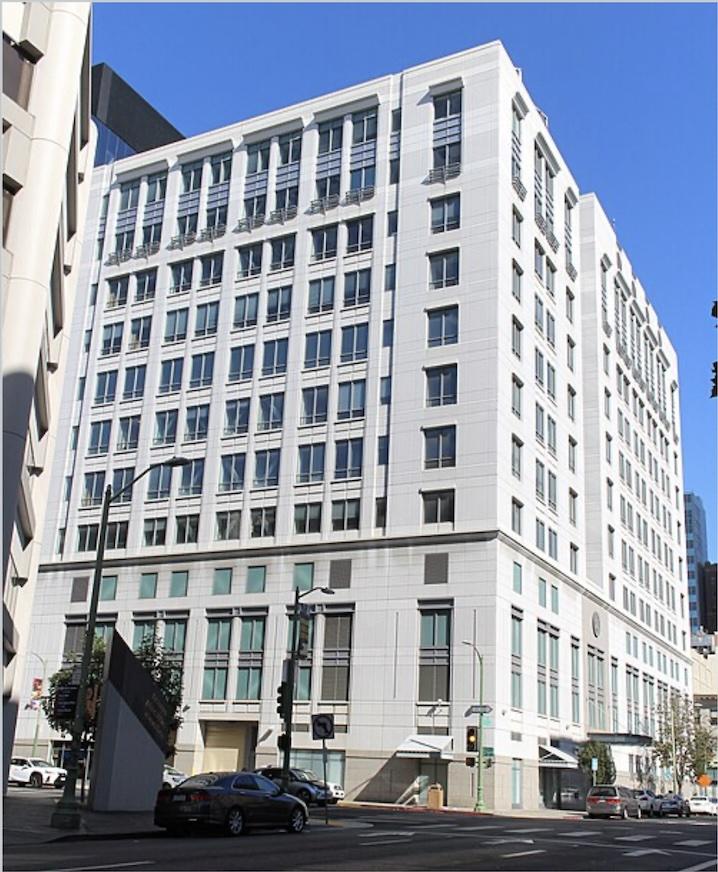
A pioneering program for college students in California took another step forward last week when Governor Gavin Newsom swore in over 3,200 fellows as the latest cohort in the state’s College Corps Fellowship.
The #CaliforniansForAll program, launched in response to COVID-19, is the first of its kind in the state. Collegiate level students from the Community, State, and UC systems will be given the opportunity to earn up to $10,000 in exchange for a year of service to their communities.
Service opportunities include tutoring and mentoring for low-income students in K-12 schools, food distribution to those facing food insecurity, or tackling climate change.
The program is intended for low-income students to help ease the financial burden of a college education. Eighty percent of the Fellows come from communities of color, 58% are first generation college students, and 68% are Pell Grant eligible. This is also the first state mandated program specifically allocating spaces for AB-540 students, or Dreamers.
A media briefing hosted by Ethnic Media Services and California Black Media featured California Chief Service Officer Josh Fryday, and Debbie Espinosa with Find Food Bank, a part of Feeding America. Two of the student Fellows in the program, Ali Alani of UC San Diego, and Wendi Lizola of Sacramento State University also joined the panel.
“They will be doing extraordinary work for our communities,” said Fryday, emphasizing the importance of the program, which he described as a win for society and the state, creating a generation of service-oriented professionals at a moment when California — and the nation — confronts a host of critical challenges.
Some 10,000 applications have already been submitted for the program, three times more than there are slots available. Participating students were selected by their respective campuses through a competitive application program. Students that were not selected this year can re-apply in subsequent years. The program is scheduled to continue until 2026.
“We have to be able to ensure through a multifaceted approach that people have the means to break poverty cycles,” said Espinosa, who works with the Deserts Regional Foodbank based in Palm Springs and distributes over 20 million pounds of food to 150,000 individuals per month.
Fellows with College Corps will help provide food to students and families in a variety of settings whether it be packaging in the warehouse, distributing food on campus, or on sites in the community.
Espinosa says learning loss among students in California during Covid was exacerbated by growing food insecurity, noting 98% of the clients they serve are working families and the elderly. Less than 2% are unhoused individuals.
She adds the program will provide students with a variety of transferable skills while creating tangible change for their peers and community.
“My goal with College Corps is to help students,” said Alani, who was born in Syria and educated in Saudi Arabia. He and his family immigrated to San Diego when he was 16. Alani is now a second year Computer Software Engineering Major at UC San Diego, where he discovered the College Corps through an email from his university.
“It helped me focus on my education while helping me pay for my college,” he said.
Alani will be working with K-12 students in San Diego, saying he hopes to have the kind of impact on students that his own teachers have had on his life. “I really hope to do the same,” he said.
Wendi Lizola is a first-generation undocumented student who came to California with her parents and two older sisters when she was a child. During the briefing she recalled how her family worked seven days a week from four in the morning until eleven at night washing cars at auto dealerships.
Lizola struggled in school at first because she could not understand English. “I remember I got frustrated with myself,” she said.
It’s an experience that drew her to joining the College Corps, which has given her the opportunity to connect with students who are also facing barriers to education due to language. She said the experience makes it feel very personal. “It’s very rare when an opportunity like this is available to our AB-540 students,” she noted, in reference to Dreamers.
Lizola is studying to be a Pediatric Nurse at Sacramento State University. It was there at a workshop where she applied for the program. She was shocked by the amount of student interest and seeing the response across the state makes her feel very lucky to be a part of the program.
“It felt like a miracle, it was just able to cover everything that I needed,” she said. She does not have to pay anything out of pocket. Alani also stated that he was able to pay all of his tuition due to this financial aid.
“I would definitely encourage students to apply for this program,” Lizola said.
Applications for the 2022-2023 school year have closed. But students interested in applying can fill out this form to receive notification when applications re-open for the 2023-2024 school year.
Students interested in getting started in volunteer opportunities sooner can register with the #CaliforniansForAllmailinglist which provides regular updates on service opportunities in your community. (by Abigail LeForge/Ethnic Media Services) n







